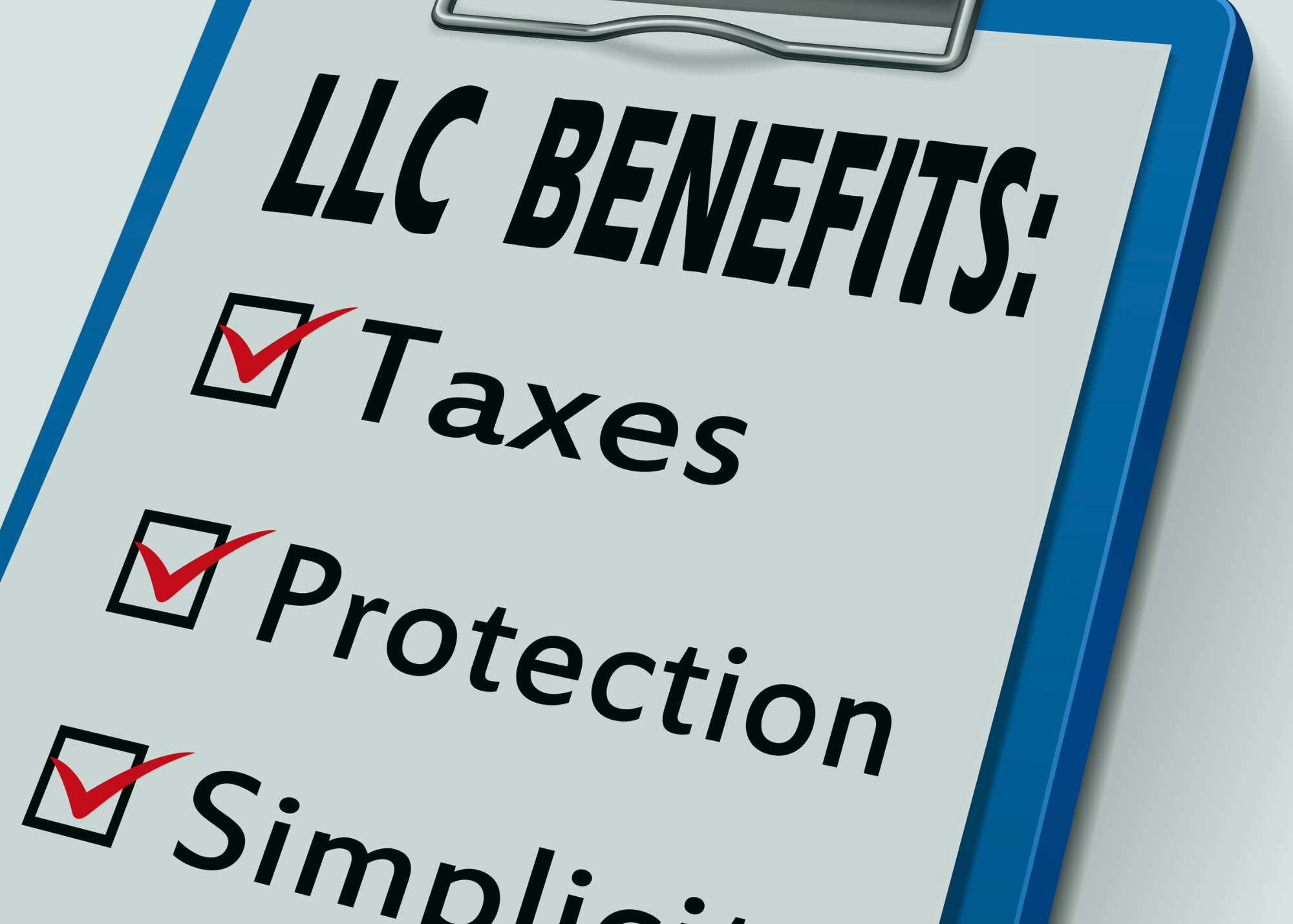Key Takeaways
-
TRID in real estate improves loan transparency by combining TILA and RESPA disclosures.
-
Homebuyers gain protection through standardized forms and a three-day review period.
-
Loan Estimates and Closing Disclosures help borrowers compare offers and confirm accuracy.
-
Understanding TRID rules prevents surprises and promotes smarter financial decisions.
Buying a home is an exciting milestone, but it also involves detailed paperwork and industry terms that can confuse first-time buyers. One of the most essential parts of the mortgage process is understanding TRID in real estate, which stands for TILA-RESPA Integrated Disclosures.
This consumer protection rule ensures borrowers fully understand their loan terms and closing costs before signing final documents. Below, you’ll learn what TRID means, how it protects homebuyers, and why it’s a crucial safeguard in the mortgage process.
What Is TRID in Real Estate?
TRID, or TILA-RESPA Integrated Disclosures, is a rule created by the Consumer Financial Protection Bureau (CFPB) to simplify mortgage documentation and promote transparency. It merges two long-standing laws:
| Law | Purpose |
| TILA (Truth in Lending Act) | Requires lenders to disclose the total cost of credit, including interest rates and loan terms. |
| RESPA (Real Estate Settlement Procedures Act) | Regulates closing costs, escrow accounts, and settlement practices to prevent hidden fees. |
By combining these two acts, TRID streamlines communication between lenders and borrowers. Its main purpose is to ensure you “Know Before You Owe.”
How TRID Protects Homebuyers
TRID helps borrowers make informed choices, compare lenders, and avoid unpleasant surprises at closing. It replaced four outdated disclosure forms with two standardized documents that make costs and terms easy to understand.
| Document | Timing | Purpose |
| Loan Estimate (LE) | Provided within three business days of your loan application. | Summarizes key loan terms, interest rate, monthly payments, and estimated closing costs. |
| Closing Disclosure (CD) | Delivered at least three business days before closing. | Confirms the final loan amount, interest rate, and closing costs to ensure accuracy. |
Understanding the Loan Estimate
After applying for a mortgage, your lender must send a Loan Estimate within three business days. This document outlines:
- The loan amount and type (fixed-rate or adjustable-rate)
- Your interest rate and monthly payment breakdown
- Estimated closing costs and cash-to-close amount
- Any potential mortgage insurance or prepayment penalties
This form allows you to easily compare different loan offers and determine which one best fits your budget.
What the Closing Disclosure Includes
Before you close, the lender must provide a Closing Disclosure, a finalized summary of your loan details. TRID’s three-day review rule requires that you receive this document at least three business days before your closing date.
The Closing Disclosure includes:
| Section | Information Provided |
| Loan Details | Final loan amount, interest rate, and annual percentage rate (APR) |
| Monthly Payments | Principal, interest, taxes, and insurance breakdown |
| Costs to Close | Final closing costs and prepaid expenses |
| Adjustments | Any differences from the initial Loan Estimate |
Use this review period to verify accuracy and resolve any discrepancies with your lender.
Why the Closing Disclosure Matters
The Closing Disclosure protects you from last-minute changes or hidden fees. Always compare it directly with your Loan Estimate to confirm all details align. If anything appears incorrect—such as a higher interest rate or unexpected fee—address it with your lender immediately.
This comparison step prevents predatory lending practices and ensures you understand the financial commitment before signing.
Additional TRID Rules That Protect You
TRID regulations add multiple layers of consumer protection throughout the mortgage process:
| TRID Guideline | Borrower Protection |
| No upfront fees | Lenders cannot charge application fees (except for a credit report) before issuing a Loan Estimate. |
| Timely disclosure | Lenders must provide a Loan Estimate within three business days of receiving a full application. |
| Recordkeeping | Loan Estimates must be retained for three years; Closing Disclosures for five. |
| Review window | Borrowers must receive a Closing Disclosure three business days before signing final documents. |
These requirements ensure you have full visibility into your loan terms and enough time to make informed decisions.
How TRID Affects Buyers and Sellers
Homebuyers benefit from TRID’s transparency, gaining the ability to compare lenders and fully understand loan terms before closing. Meanwhile, home sellers may notice slightly longer timelines since TRID’s mandatory disclosure periods can extend closing by a few days. Effective communication among buyers, sellers, and lenders keeps transactions on schedule.
Bottom Line
TRID in real estate plays a crucial role in protecting consumers. It ensures you have the clarity and confidence to understand your loan before signing. By requiring standardized documents and review periods, TRID eliminates confusion and reduces the risk of surprises on closing day.
Before finalizing your mortgage, carefully review both your Loan Estimate and Closing Disclosure. Ask your lender for clarification on any detail that doesn’t make sense. Informed decisions start with understanding your rights—and TRID helps make that possible.
FAQs About TRID in Real Estate
No SSN required. Zero impact to credit. Your Information is never sold.



